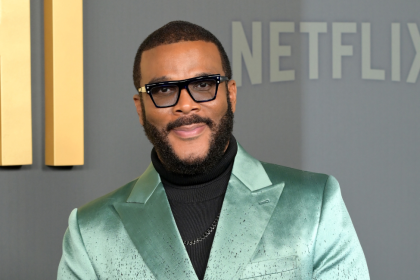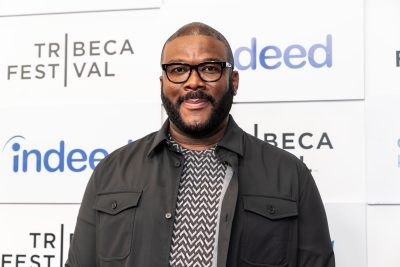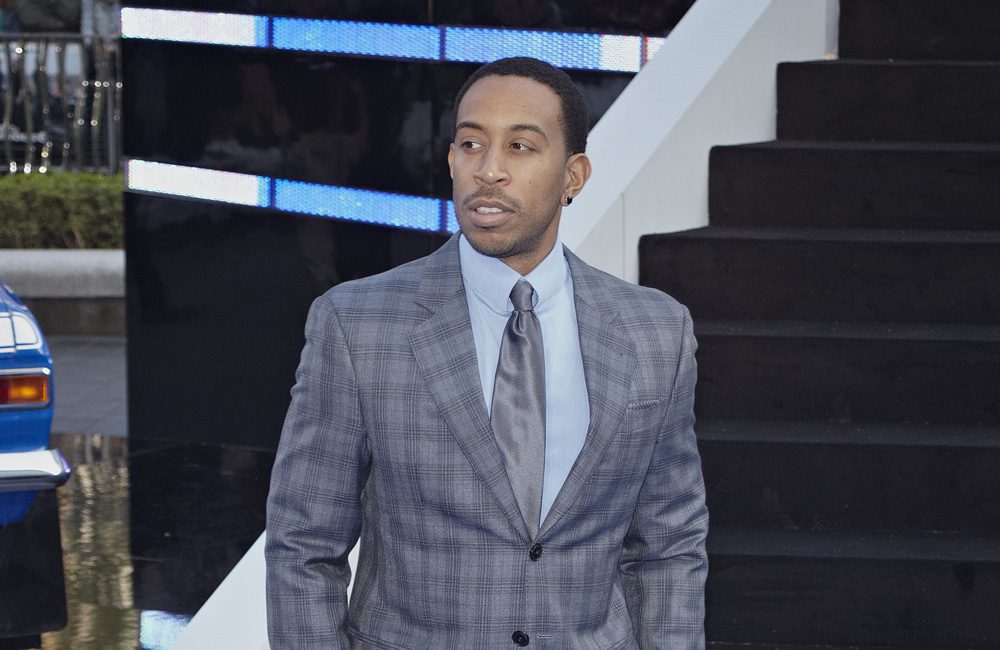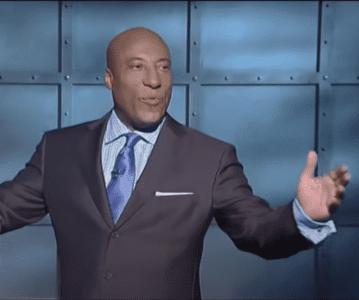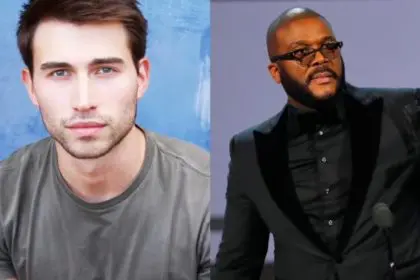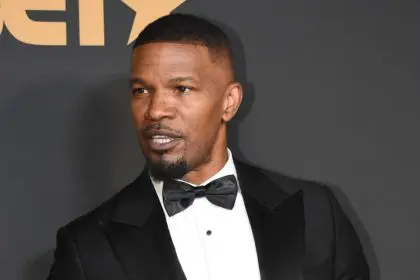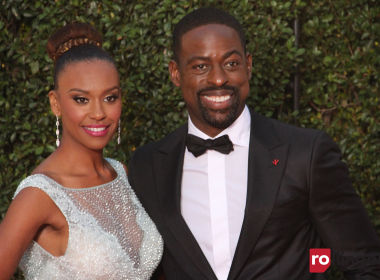
J. Ivy is a spoken word artist, recording artist and writer. Here, he talks about his latest project, BET’s “Muhammad Ali: the People’s Champ,” and how he hopes people will be impacted by it.
What inspired you to join this project about Muhammad Ali?
My longtime friends, directors Coodie [Simmons] and Chike [Oza] — [who did] Kanye West’s “Through the Wire,” Erykah Badu’s “Window Seat,” and ESPN’s 30 for 30 film “Benji”— called me when they started working on “Muhammad Ali: The People’s Champ” for BET. Like any artist, I’m always excited to get calls about working on amazing projects , but when you get a call about doing something for Muhammad Ali, aka the Greatest of All Time, the feeling is extra special. It was truly an honor to write, perform, and narrate this documentary as the poetic ring announcer.
Did you have to adapt your writing style for this project?
When it came time for writing for “The People’s Champ” my first move was to hop back into the ring, watch his fights, listen to his interviews, read articles, study his story, and research as much as possible. Being born in a different era, I wanted to do my best to put myself in his shoes and the shoes of the times to try and understand the decisions he made and the fight he fought inside and outside of the ring. I wanted to complement his style and swagger, his confidence. I wanted to tell the story the right way.
What impacted you most about Ali’s story?
The moment that impacted me the most was Ali deciding to not go to the [Vietnam] war. It was such a pivotal moment in his life, but even bigger, in history. Here he was at the top of his game with his family waiting in the wings, and he put it all on the line. He sacrificed his career, his livelihood, for what he believed in. It showed so much courage and strength. It showed me sometimes you have to jump off a cliff and know you’re going to land [on your feet]. It showed me what it is to be a man and stand on [principle]. No doubt the undying strength he showed in the ring was classically inspiring, but that stance was like no other.

Which boxers do you like now?
The fighters that I like now aren’t necessarily all in the ring. It’s the everyday man and woman who are going against the odds and fighting for what’s theirs. Like Ali, they get out there and take the greatness that was promised to them in their dreams. They don’t wait on handouts. They don’t allow others to dictate their destiny. They don’t let the knockdowns turn into knockouts. They get back up and rage against the machine and the injustices that it mass produces.
With that said, you can’t deny the body of work [Floyd] Mayweather has created. I may not always agree with the lack of “get in the ring and beat the brakes off ‘em” that a boxing fan like me looks for, but an undefeated professional career speaks volumes.
If you had to do it all over again, would you change anything about your latest work?
I wouldn’t change one thing about this one. With Coodie and Chike’s direction, we were sure to comb through every moment of the piece. Watching the majority of the film before starting my writing process helped a lot as well. I was able to get a great feel of the direction they were taking the piece and we went over what was needed the most. Like I said, it was an incredible experience and I wouldn’t change a thing.
Was there anything you found particularly challenging about this project?
The biggest challenge was making sure to [pay] homage in a way that the champ would be proud of. I just wanted to make it right.
What was the hardest part of completing this project?
The hardest part was the time limitation we were on. The deadlines were real and I was writing and memorizing my parts right up to the point that I filmed. It was a challenge, but a fun one.
What advice would you give other writers?
The advice that I would give to other writers is to be fearless with their creativity and open to what flows from it. That’s when the best writing comes.
Everyone’s process for writing is different. Explain yours.
For me, I just like to let what flows out hit the page. From there, I rewrite and rewrite and rewrite till it’s tight and ready for the stage, or in this case, the screen.
What is the mission you set out to accomplish with the Ali project?
I wanted to use my voice to speak to those who may not be as familiar with Ali’s story, especially the youth. This is a very important story, it’s a testament to how far we come as a people, and I wanted to be a part of the education that can be found in it. As African Americans we wanted to use this moment to tell one of our stories the right way. We wanted people to see it and hear through our eyes and ears. We wanted to use our gifts so that our collective voice could truly be heard.
A great film has what?
Any great film has a great story that touches the soul. They’re life-changing. They teach us something about ourselves and the world we live in. They change our perspective. A great film inspires us.
What’s next for you?
Going forward I’m looking to expand and do more acting. Along with my poetry and creating books and albums, acting has always been part of my dreams and goals.
Check out Ivy’s new book, Dear Father: Breaking The Cycle of Pain in stores now:
https://www.barnesandnoble.com/w/dear-father-j-ivy/1119478504?ean=9781582705088
https://www.amazon.com/Dear-Father-Breaking-Cycle-Pain/dp/1582705089

